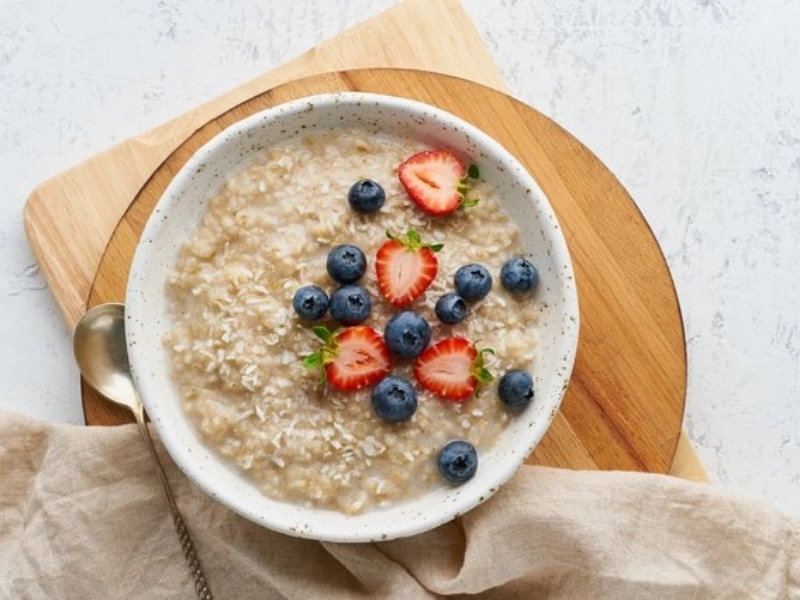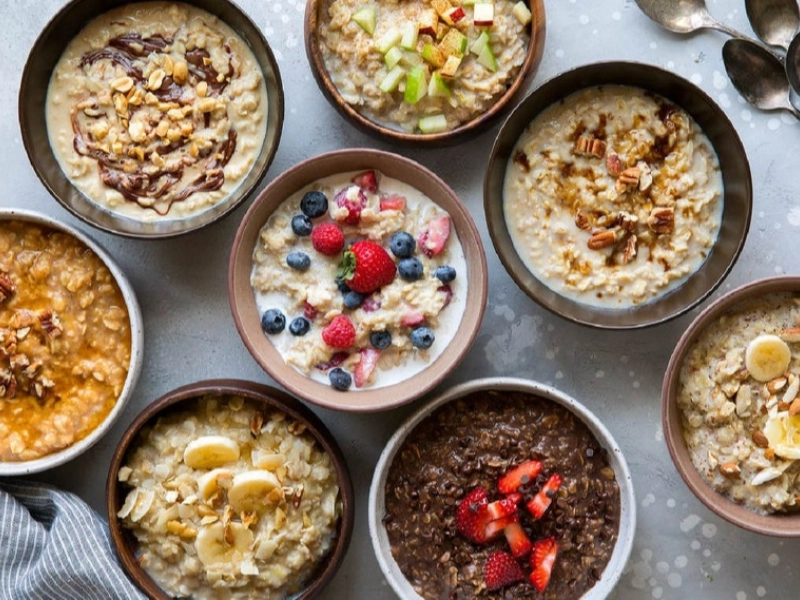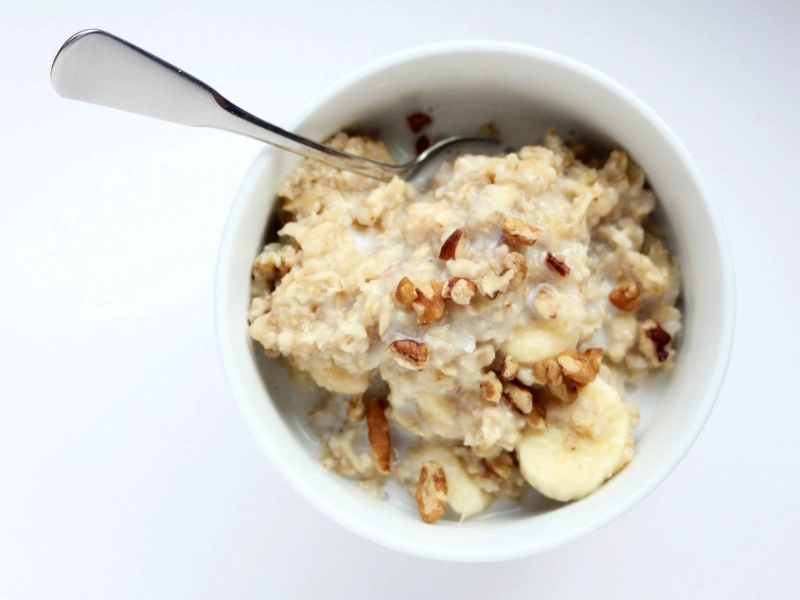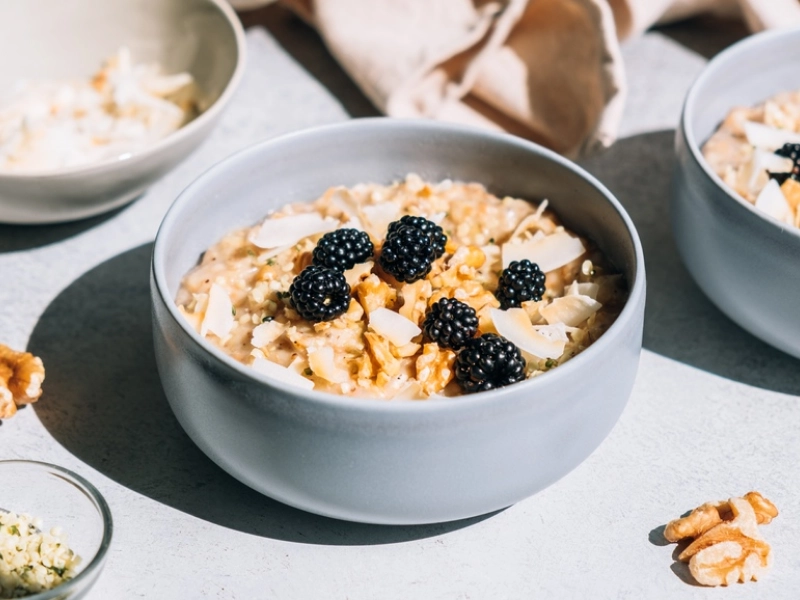A hormone that promotes sleep, melatonin, can help you get a better night's sleep. Although the majority of people take melatonin tablets, you can raise the hormone naturally. Try having a glass of tart cherry juice or eating something high in protein, such as salmon or an omelet.
Oats are a good source of complex carbs, vitamin B6, and melatonin. These nutrients increase melatonin and serotonin levels, which facilitates a quicker transition to sleep.

Another great source of melatonin is whole grains. Rice, barley, and quinoa are rich in melatonin and tryptophan, which induce sleep. Moreover, they contain a lot of GABA, which relaxes the neurological system. Additionally, greens are a great source of melatonin. 39% of the daily required intake of spinach is found in one cup of cooked spinach.
Traditional sleep aids like milk can help, but be sure the kind you choose has less sugar. Tryptophan and protein included in warm milk aid in promoting sleep. If you have a good tolerance for dairy, you can also try other products like yogurt or cottage cheese.

Tryptophan in a cup of cooked oats makes about 33% of the daily required amount. This nutrient is a great choice for breakfast because it's high in potassium and B vitamins. When consumed before going to bed, oats can act as a natural sedative when paired with milk and bananas.
Other high-protein, high-tryptophan meals include salmon, cod, snapper, mahi mahi, tuna, and turkey. These meals are high in antioxidants and omega-3 fatty acids in addition to protein. Lean pork servings weighing six ounces provide 627 mg of tryptophan.

Avocados are a nutrient-dense food that is high in magnesium and other essential elements. They are also an excellent source of calcium, potassium, and vitamin C. Leafy green vegetables such as Swiss chard, kale, collard greens, turnip greens, and mustard greens are also rich in magnesium.
Another excellent source of magnesium is nuts. Pepitas, or pumpkin seeds, have the highest magnesium content—151 mg per ounce. Sesame seeds, almonds, and cashews are further nuts high in magnesium. Pulses and beans are also great providers of magnesium. More than one-third of your daily requirements can be met by a cup of cooked soybeans, or edamame; a cup of black, pinto, navy, or lima beans contains more than 60 milligrams of protein.

Furthermore, some medications, including blood thinners, diabetes treatments, immune system suppressants, and antidepressants, may interact negatively with melatonin supplements. Additionally, they shouldn't be used by those who have dementia because they may make them more drowsy during the day and raise their chance of falling.
Since melatonin is a dietary supplement rather than an over-the-counter medication like acetaminophen or ibuprofen, it is not subject to FDA regulation. This implies that the amount of melatonin in liquids or pills sold over-the-counter can range from significantly more to substantially less than what is listed on the label.